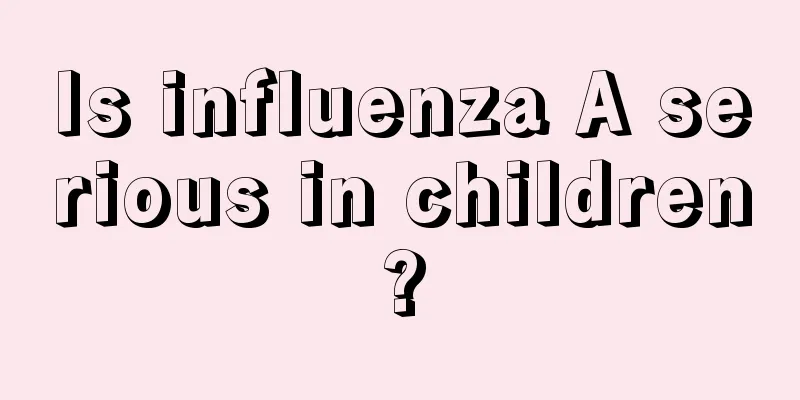What should I do if my child cries when feeding?

|
The mother of a newborn is not very familiar with taking care of the child. Everything is in the exploratory stage, and she does not take good care of the child. What should we do when faced with a crying child? Especially when the baby is feeding, he cries even more, which makes the mother very confused, but she doesn’t know how to coax the baby to stop crying. Now let’s take a look at the reasons why the baby cries when feeding. Why do breastfeeding babies cry when they are feeding? There may be several reasons: 1. Is the amount of breast milk enough? Is the baby full? The amount of milk that formula-fed babies consume every day can be implemented at 100 to 120 ml per kilogram of the baby's body weight. Parents can grasp this well, but mothers often have no idea how much milk a breastfed baby consumes every day and whether he is full. Usually parents can judge whether the baby is full by the following aspects: (1) Has the baby gained weight? Is it within the normal weight range for a 2-month-old baby? (2) Can the baby sleep quietly for two to three hours or play for a while after feeding? (3) Is the baby's stool in the normal yellow ointment state or green? (4) Does the baby feed breast milk for more than 30 minutes? Generally, the feeding time should be 15 to 20 minutes. If the feeding time is too long, it may be that the amount of breast milk is not enough. Parents can look at their own situation according to the above questions. If the answers to the above questions are all yes, then the baby should be full, and the reason for the two-month-old baby's crying is not due to insufficient breast milk. Signs that a baby is not full include: green stools, bad mood after feeding, and soon crying because of hunger; the baby does not gain weight or gains weight slowly, etc. 2. Check whether your baby has ulcers in his mouth. If your baby has thrush, feeding will be very painful and he will cry. 3. Does the baby have a stuffy nose? Babies with stuffy noses cannot breathe through their mouths when feeding. If they can't feed well, they will get angry and cry. 4. Does the baby have gastrointestinal discomfort? Babies under 3 months old often suffer from indigestion because their intestines are not yet fully developed and they cannot adapt well to the external environment and food. They need careful care from their parents. Babies usually have symptoms such as abdominal distension and diarrhea. There must be a reason why the baby has difficulty breastfeeding. Our mothers can eliminate the reasons one by one according to the reasons we mentioned above. Identify the reason why your baby is crying and then resolve it. If we have ruled out all the reasons mentioned above and find that the baby is still crying, we need to take the baby for examination to see if the baby has other diseases. |
<<: What causes a child to have a fever, cough, and runny nose?
>>: Reasons why two-month-old babies don't sleep during the day
Recommend
What is the standard weight for newborns?
Some women have a big belly during pregnancy, but...
What is allergic rhinitis and asthma syndrome in children?
The reason why many people suffer from asthma is ...
What is the reason why children shake their heads involuntarily?
Children are more active, and some parents even f...
Neonatal hemolytic disease: good nursing measures are the key
If a newborn develops hemolytic disease, it will ...
What is infant MRI?
Some children suffer from internal diseases, so t...
What's going on when my baby has blue loose stools?
When a mother finds that her baby's stool is ...
Febrile seizures in children
The Chinese family has changed from a large famil...
Causes of vomiting in children
Most of the reasons for vomiting in children are ...
Is it better to use diapers or diapers?
In recent years, the frequency of diaper use has ...
How do you know if your baby has anemia?
Recently, many people have suffered from anemia t...
Will a child have a fever if he falls on his head?
The baby's head is not fully developed yet an...
What should I do if my child has poor hearing?
Every parent hopes that their children will grow ...
How to treat infantile hemangioma?
Many infants and young children have some birthma...
Black labia majora
Dark labia is a problem that troubles many women,...
Taking growth hormone
In the past, people did not grow tall because of ...









